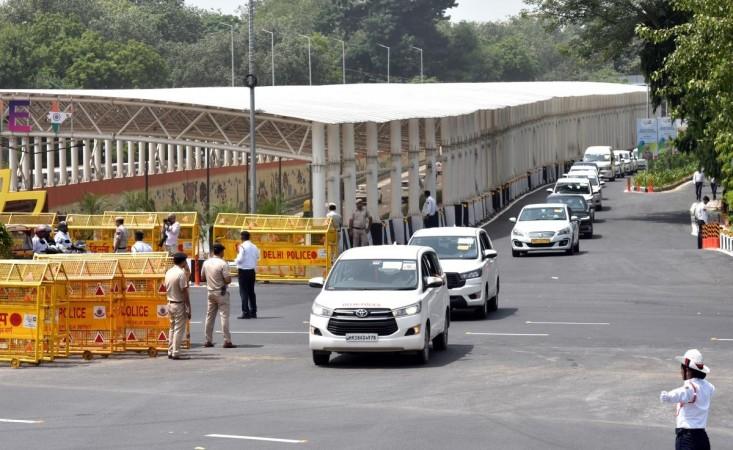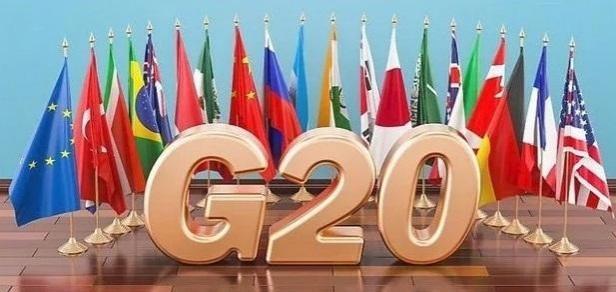What's in it for India, considering hosting G20 is an expensive affair. Amping Delhi's infrastructure along the lines of previous hosts like the United Kingdom, Singapore or Germany alone is set to cost around Rs 927.47 crore.
How significant G20 is for India can be gauged from the fact that G20 member countries (now 43) represent a staggering figure of 85% of the global GDP (Gross Domestic Product), over 75% of the global trade and two-thirds of the world population.

Keeping the geopolitical equations aside, the G20 Summit is a formidable platform for member nations to come together on key issues like climate, multilateral development, bank reform, debt relief, digital technology among others. India, as the Chair this year, should encourage and focus only on the above issues and making progress, say political analysts.
What to expect?
"We'll have some announcements that we are excited about," said US National Security Advisor Jake Sullivan, while addressing a press conference recently, ahead of the G20 Summit. "We'll spotlight the progress that we've been making on the Partnership for Global Infrastructure Investment, or what we call PGI," he added.

What's India's focus?
Getting to preside over this multilateral forum is a huge opportunity for India, concur many experts. As India can showcase its strength and achievements, its technical prowess, and a robust human resources infrastructure, it may help the country attract investments, deepen trade relations with all the large and emerging economies to be present at the forum.
Free Trade Agreement
Reportedly, trade experts expect the government to fast-track negotiations for a free trade agreement (FTA) with the UK and EU to give India better trade and market access to these countries. There is a need to carefully tread the tricky balance of trade and climate aspirations. This year from October 1 onwards, the EU will roll out the carbon border adjustment mechanism that will make exports from India expensive.
The theme and agenda of G20
With the theme "One Earth, One Family, One Future", India seems to have put the focus on sustainability and cooperation. Giving an outline of the agenda, a recent statement from the White House also said, "G20 partners will discuss a range of joint efforts to tackle global issues, including on the clean energy transition and combating climate change, mitigating the economic and social impacts of Putin's war in Ukraine, and increasing the capacity of multilateral development banks, including the World Bank, to better fight poverty including by addressing global changes."
India is set to host the annual G20 Summit in New Delhi on September 9 and 10. Throughout the year, the meetings took place in various cities of the presiding country on a range of significant sectors like, health, finance, climate, trade etc.
It must be noted G20 (Group of 20) has 43 member nations and not 20.
The group comprises 19 countries namely, Argentina, Australia, Brazil, Canada, China, France, Germany, India, Indonesia, Italy, Japan, Korea, Mexico, Russia, Saudi Arabia, South Africa, Turkey, the UK, the US and the European Union (27 member group).
As a host, India will have direct access to several world leaders, including US President Joe Biden, French President Emmanuel Macron, Canada's Prime Minister Justin Trudeau, UK Prime Minister Rishi Sunak who will be attending the Summit. The issues are wide and varied but the opportunity is one and it's huge.

















